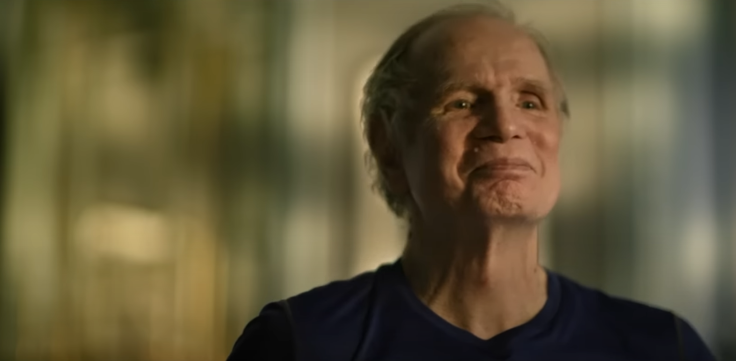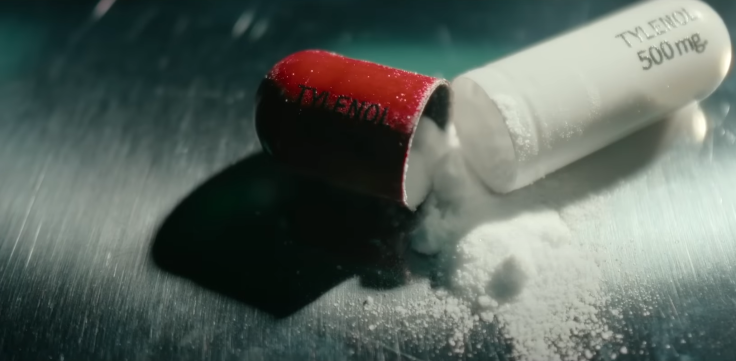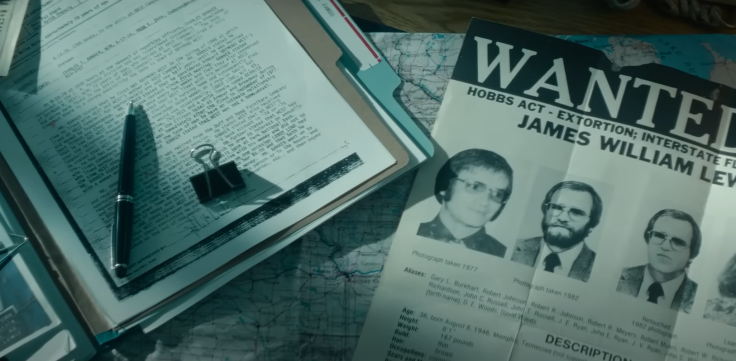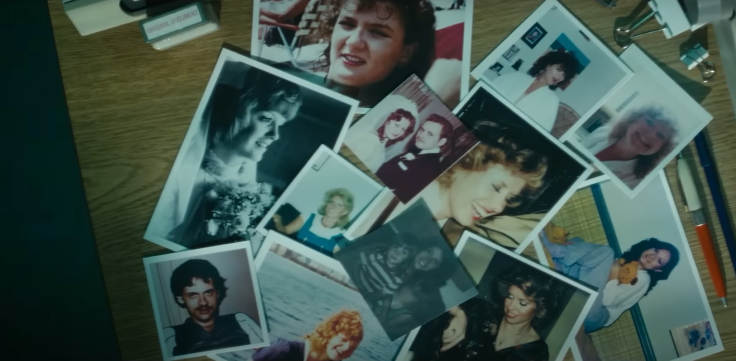Tylenol Murders Suspect: Was James Lewis Guilty — or Falsely Accused?
In Netflix's new docuseries, Cold Case: The Tylenol Murders, James Lewis appears on camera extensively for the first time

In the autumn of 1982, a wave of fear swept through the US after seven people in the Chicago area died suddenly. The victims, ranging from a 12-year-old girl to a 35-year-old flight attendant, had all taken Extra Strength Tylenol capsules that had been laced with potassium cyanide.
The poisonings, seemingly random and without a clear motive, triggered a nationwide panic, leading to a mass recall of the painkiller and the introduction of tamper-proof packaging that is still in use today.
Despite a sprawling investigation involving the FBI and local law enforcement, the perpetrator was never caught. For years, authorities circled around one man: James Lewis. Now, a new Netflix documentary is again diving into the chilling case and Lewis's role in it.
Why James Lewis?
Lewis, a former accountant with a murky past, quickly caught the attention of investigators after he sent an anonymous letter to Tylenol's manufacturer, Johnson & Johnson. According to reports, the note claimed responsibility for the deaths and demanded $1 million to 'stop the killing.'
Lewis was arrested in New York and later convicted of extortion, for which he served more than 12 years in prison. However, he was never formally charged with the murders.

While the letter linked him to the crime scene in motive, if not in presence, Lewis insisted he was merely trying to frame his wife's former boss, having the ransom deposited into their account. He maintained that his involvement was limited to the extortion attempt.
In Netflix's new docuseries, Cold Case: The Tylenol Murders, Lewis appears on camera extensively for the first time. The filmmakers, Yotam Guendelman and Ari Pines, managed to secure the interview through producer Molly Forester, who spent nearly a year building trust with Lewis. 'She just sort of got his trust,' Guendelman told Fox News Digital. 'She was given the task to get him and she brought him. She's the best at this.'
What the Docuseries Reveals
The Netflix series offers an intimate image of Lewis, giving viewers a rare window into the mind of a man who has long been associated with one of America's most enduring unsolved crimes.
'For those two days, the vibe in the room was good, said Guendelman, referring to the interview sessions. 'We asked him the hard questions... but there was a moment when we caught him in a few lies, and [he] then snapped for a couple of minutes.'

Despite this, the filmmakers were cautious not to treat Lewis as the definitive culprit. 'Jim is not the only suspect in this case,' Pines clarified. 'We don't know for sure that he's responsible.'
Indeed, the documentary presents other potential suspects, including Roger Arnold, a dock worker found in possession of potassium cyanide. While Arnold was also investigated, no one has ever been charged with the murders.
Lewis Had A Complicated Past
Lewis's background did little to help his case. In 1978, he was charged — but never convicted — in the dismemberment murder of his former employer, Raymond West. The charges were dropped due to flawed evidence collection. Over the years, he reportedly also faced accusations ranging from mail fraud to aggravated rape, although not all of these resulted in convictions.
Described by police as a 'chameleon,' Lewis lived under various aliases and held numerous jobs, from computer technician to jewellery dealer.
Final Interview Before His Death
Lewis died in 2023, shortly after filming his final interview for the Netflix series. While many had hoped the docuseries would yield a confession out of him, that moment never came.
'There was something in him that wanted to say what he wanted to say, for many years,' said Guendelman. 'Having people basically trying to get you for 40 years, I guess also makes you want to talk and enjoy this attention.'

In the end, the documentary stops short of answering the central question: Was Lewis the man behind the Tylenol poisonings? But by revisiting the evidence, giving voice to investigators and loved ones of the victims, and confronting Lewis himself, the filmmakers hope the renewed attention might still lead to closure.
'There are so many families here who never got the answer they wanted,' said Pines. 'I hope that person will see this film, see the families, and come forward.'
© Copyright IBTimes 2025. All rights reserved.



















